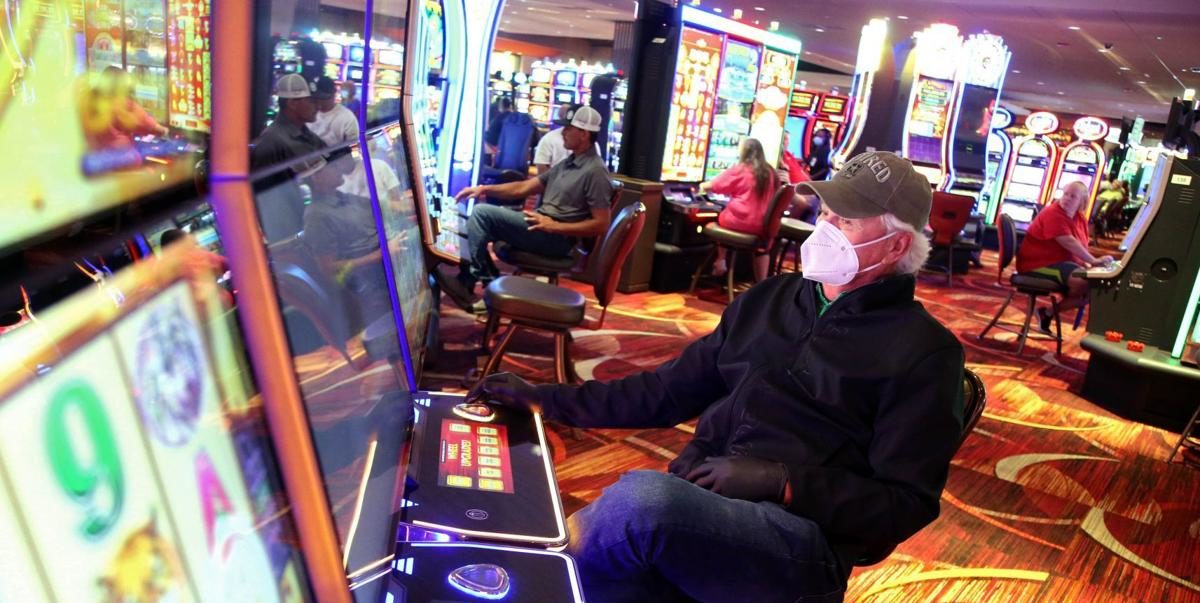The state of Oklahoma continues to be involved in several legal battles related to sports betting and gaming compacts, and it costs the state a ton of money. The lawsuits have been filed against Governor Kevin Stitt, and legal fees have already totaled more than $1.5 million.
Stitt signed gaming compacts with four different tribes in the state of Oklahoma, but those compacts have come under fire. Lawsuits are filed, and the signing of these compacts went in front of the Oklahoma Supreme Court.
All of this stems from Stitt’s decision on January 1 that affected all of the previous gaming compacts with the tribes. While the tribes felt that these compacts should have carried over, Stitt wanted to renegotiate with each tribe individually.
Stitt believes that the state should see a more significant chunk of gross gaming revenue, especially from the three most prominent tribes in the state. The Cherokee Nation, Choctaw Nation, and Chickasaw tribe filed a federal lawsuit on December 31, 2019, and that lawsuit is still ongoing.
All of the other tribes in the state joined these three tribes in the lawsuit, but Governor Stitt negotiated with tribes on his own accord. The Comanche Nation and Otoe-Missouria Tribe were the first two to agree to new compacts with Stitt, but those compacts have now been rendered void by the Oklahoma Supreme Court.
Stitt offered the tribes the chance to offer sports betting, even though wagering on athletic competitions is still illegal in the state. That decision started a long string of lawsuits and court battles that Oklahoma is now paying for.
Oklahoma Attorney General Mike Hunter declined the chance to represent Stitt in court, and it forced the Governor to seek legal counsel elsewhere. A pair of law firms were used to help Stitt defend his compacts in court, and legal fees are getting close to almost $2 million.
Hunter felt that Stitt’s decision to offer sports betting was illegal, and he didn’t feel right defending his Governor. The Attorney General was also not consulted before the compacts were made, and that was another reason that Hunter refused.
The lawmakers in Oklahoma are generally included in any gaming compact discussions, but Stitt was trying to reach some deals before the lawsuits were decided in court. A decision on that lawsuit was expected in March, but the coronavirus pandemic has made it hard for the two sides to get together.
More Lawsuit Costs Coming
Stitt is being sued by tribal leaders from around Oklahoma, but he is also staring at lawsuits from legislative leaders. This time, the leaders are suing Stitt for his negotiating of compacts with two smaller tribes in the state.
House Speaker Charles McCall and Oklahoma Senate President Pro Tempore Greg Treat are the two men that have filed a lawsuit against Stitt. Defending these suits will only cost the state even more money. The Oklahoma Supreme Court already decided on the first two compacts, but they will be tasked with looking at additional cases.
The two tribes that are a part of this new lawsuit are Kialegee Tribal Town and United Keetoowah Band of Cherokee Indians. These two tribes do not currently operate a casino within the state, and lawmakers don’t believe that they should have gaming compacts at all.
Stitt does have some support from lawmakers regarding renegotiating the compacts with tribes, but they believe that they should be a part of any discussion. With more lawsuits still undecided, the state could be looking at a huge price tag in the coming weeks.
At some point, the Oklahoma government will have to consider if the potential revenue from sports betting will be worth the hassle (and costs) of these lawsuits.




